She gets emotional just thinking about it — the day she was both scared and relieved by the news. A wireless network delivering a distant voice with word of a diagnosis, which meant … the unknown.
Through the fear, through the pain and anxiety, through seven years of not knowing why her body was failing her, a pathway out of the darkness had arrived.
It was July 28, 2023. Vicki George was with her husband, Steven, and their son Vince, then 8, at a local breakfast spot in Belchertown, Massachusetts.
“I remember I was eating bagels and lox, and I took one bite. And my son got a coffee cake. He took one bite,” she says of the moments before the doctor’s call.
Earlier that morning, at 7 a.m., Vicki had an MRI on her spine. Doctors were searching for answers to the years-long pain, numbness, tingling, lack of strength and rapidly fading use of her legs.
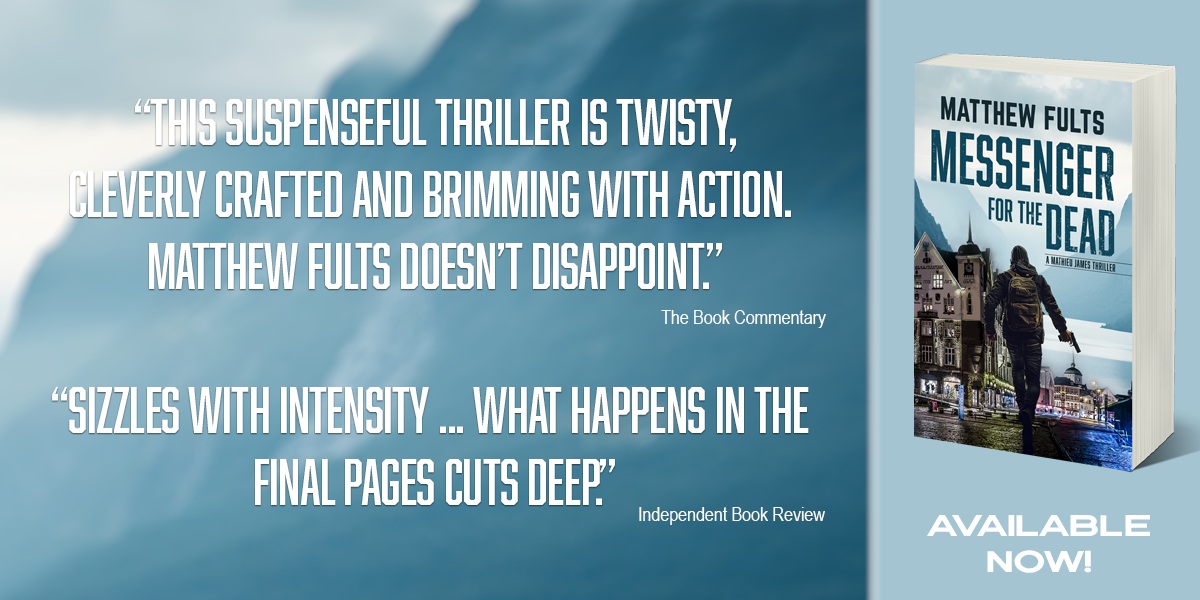
“We got the call from the doctor, and she said, ‘You have a very large tumor on your spine. You need to go to the hospital right away.’
“It’s kind of emotional,” Vicki says, eyes watering on a video call from her home in western Massachusetts. “My son was there. I got really upset. Tried to hold it back for his sake. My husband asked for the check right away, and we left. We left all the food on the table. We went right to the hospital.”
In many ways, the call presented the best possible news. After years of suffering with an unknown ailment, there was finally something the doctors could attempt to fix. And while she readily admits the words “tumor on your spine” can be horrifying, she was able to finally exhale, knowing her long odyssey of navigating an unfriendly healthcare system designed to delay and deny would soon end on the sterile steel of an operating table.
“It was almost like happy tears because I knew what was happening,” she says of the phone call’s aftermath. “But at the same time, it's really scary when someone tells you you have a spinal tumor.”
Steven drove Vicki and their son straight to the ER, where she was admitted immediately. She stayed overnight for consultation and observation. Doctors identified a nerve sheath tumor between her T-6 and T-7 vertebrae (mid back).
Two days later, on August 1, she had a consultation with a neurosurgeon who ordered a second MRI, this time with contrast dye.
His diagnosis was sobering.
“He said that if I waited to do physical therapy, the tumor would have paralyzed me. The tumor was on the brink of breaking my spinal cord.”
Vicki grew up in East Providence, Rhode Island, the oldest of two athletic daughters raised by David and Pattie Seddon; sister Kelsey is two years younger.
“My dad growing up coached us in every sport we ever played. We played a ton of soccer. We did softball. I got big into track. When I was in high school, my dad was always the one that was screaming from the sidelines.
“I listened to his voice every time when I ran the 400. He used to just say at the end, ‘Crank it!’ And that was it. I'd take off. That's what helped me win so many races in high school.”
She also credits her father with honing her skills on the pitch. Vicki says soccer was her favorite sport, where she played right wing and earned a varsity roster spot as a freshman.
“I loved soccer. Still do,” she says, adding that she and her son are big Manchester United fans.
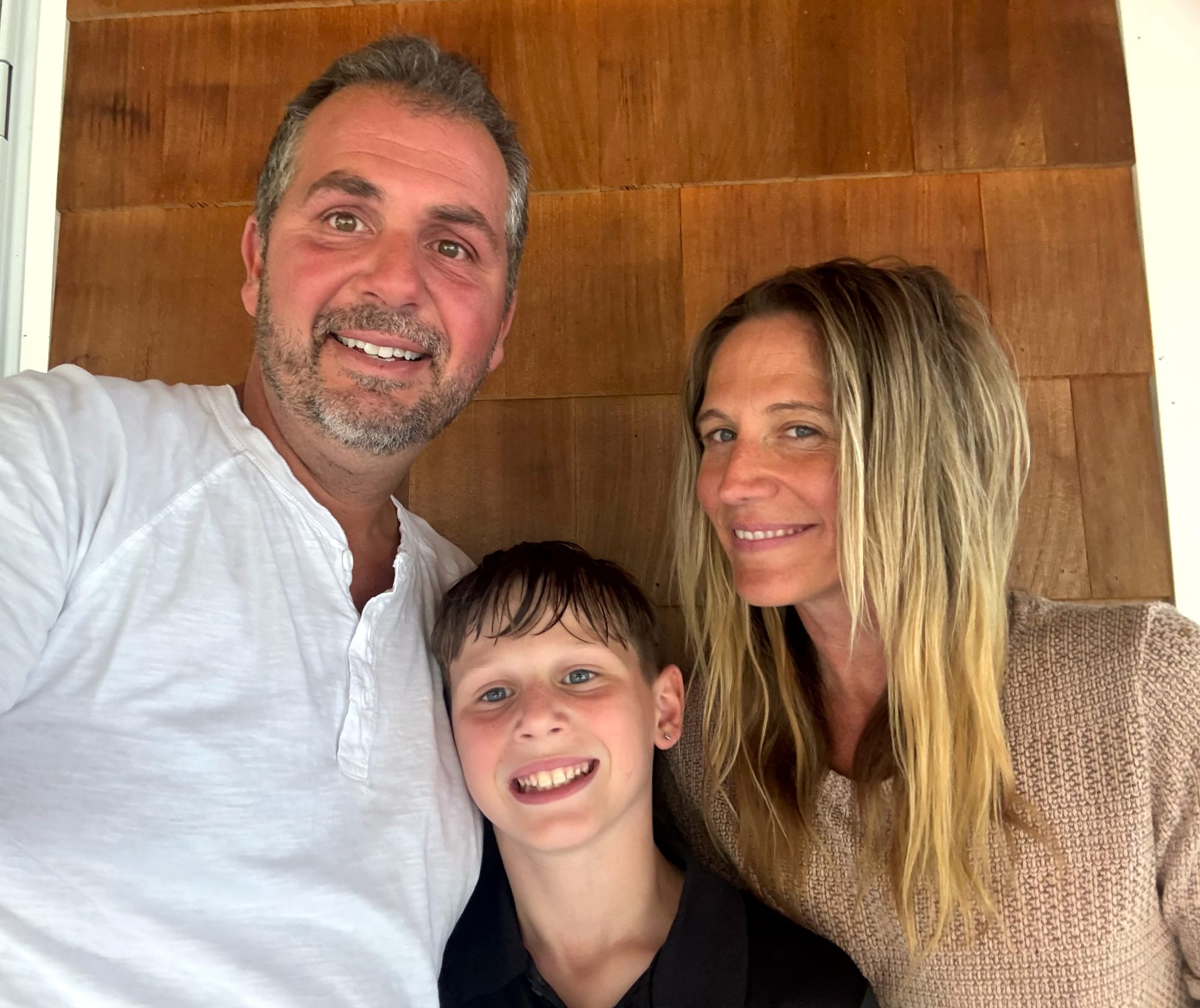
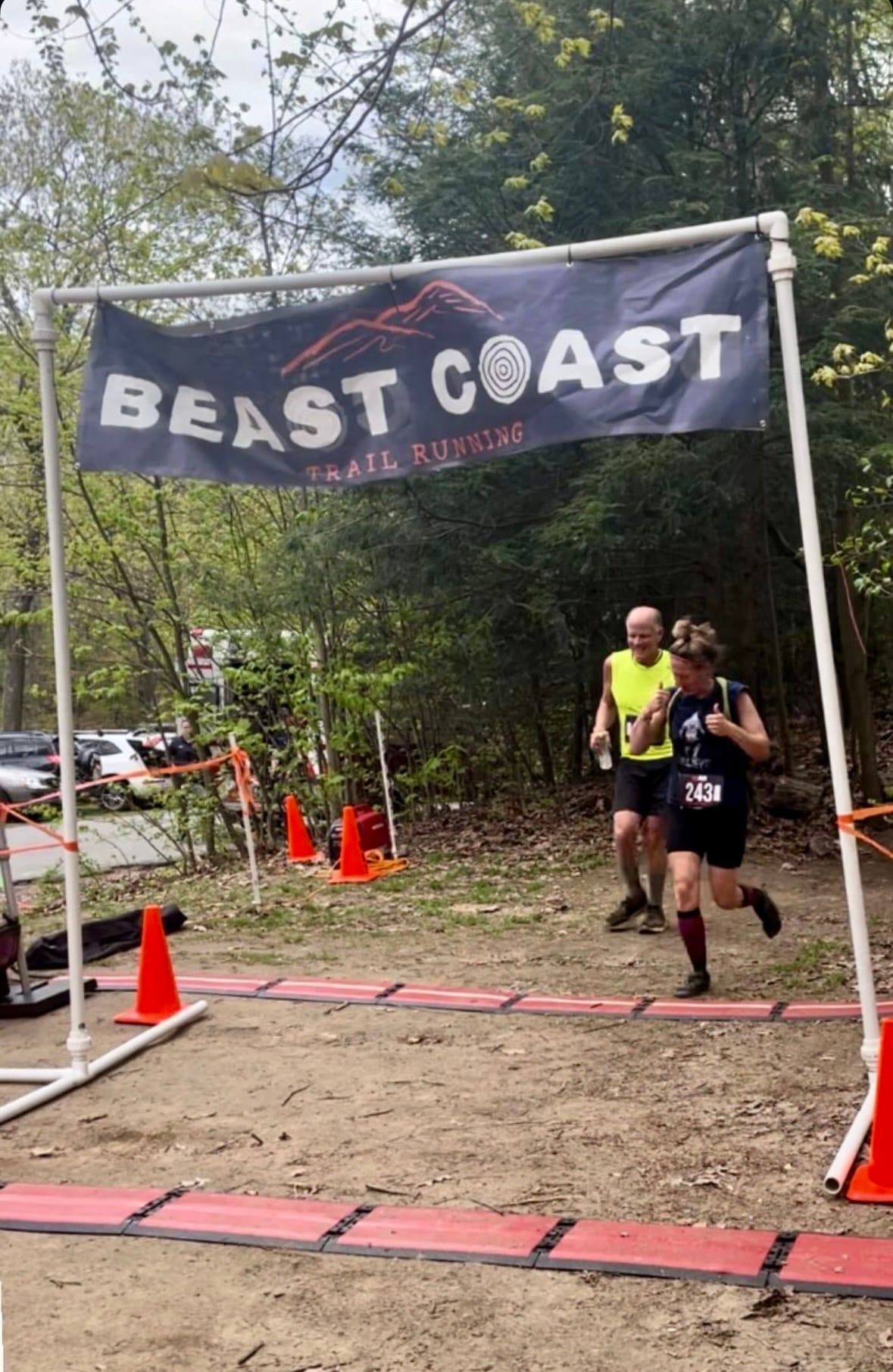
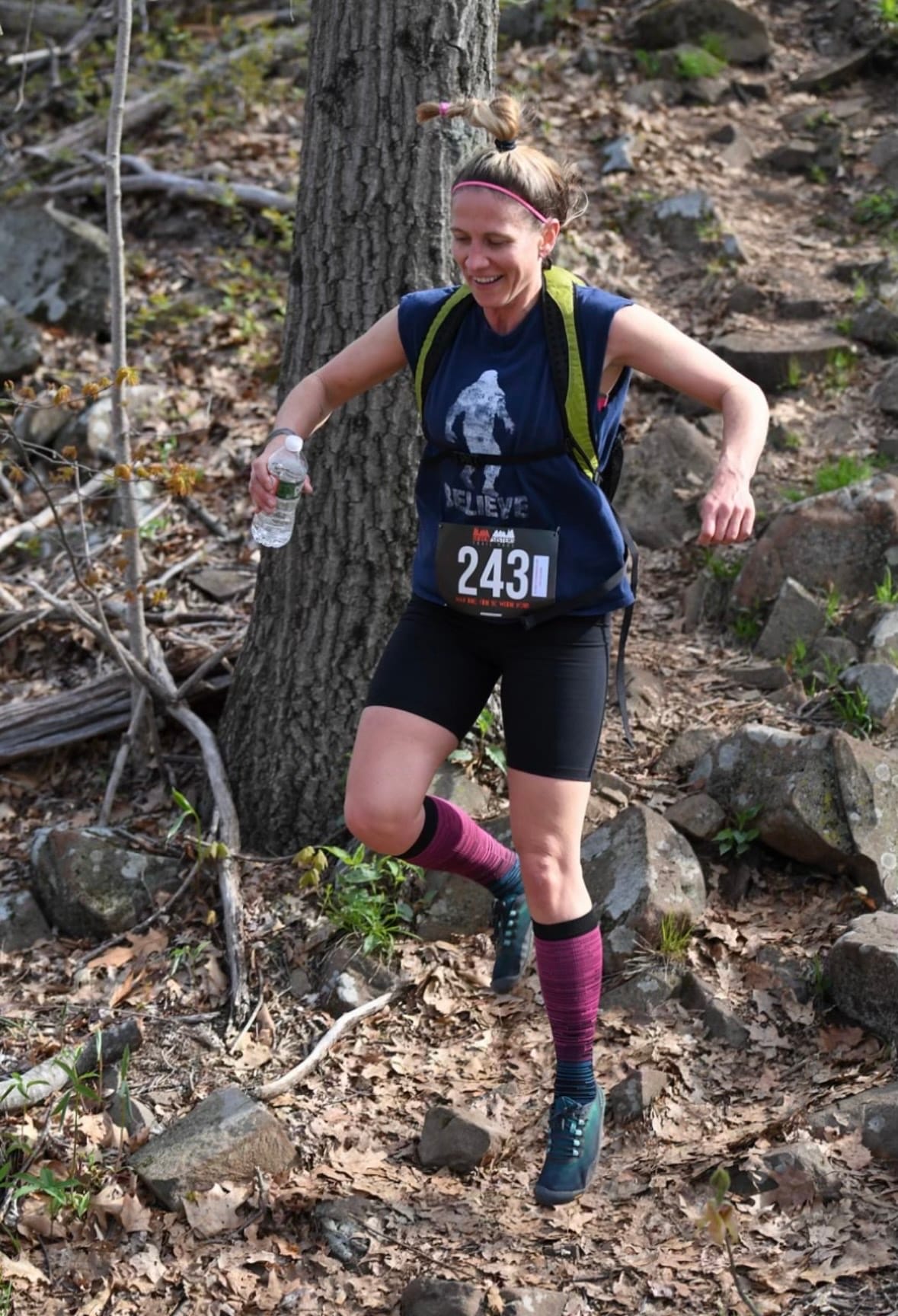
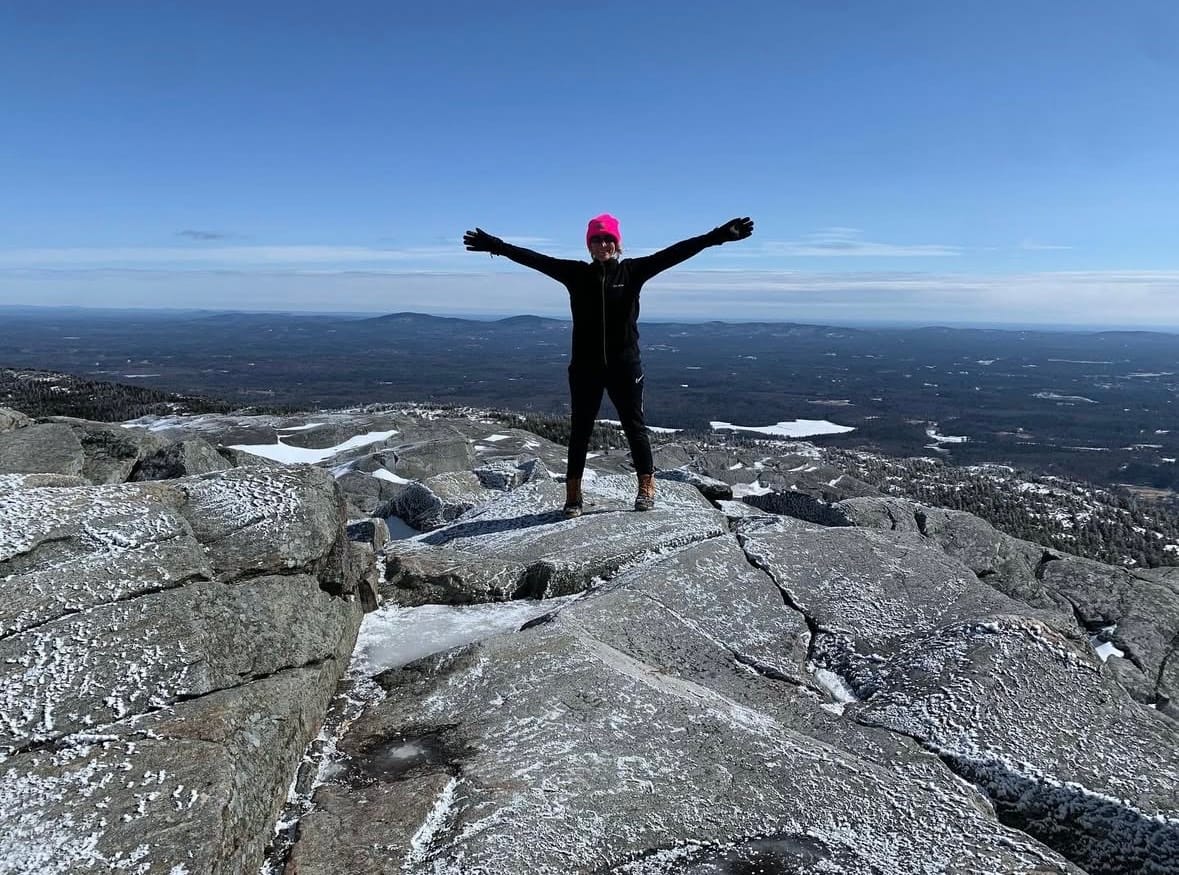
Vicki, with husband Steven and son Vince, seemed to conquer all before the symptoms took control of her life. [Courtesy photos]
After high school, she spent a year at the College of the Holy Cross in Worcester, Massachusetts, before transferring to the University of Rhode Island to study nursing. Although she wasn’t competing collegiately, her track background stayed with her as she turned to running as an outlet.
“That was kind of a strenuous program,” she says of URI’s nursing curriculum. “So I ran to keep my mind straight and run off any stress from nursing school. Running puts me in this amazing mood. It helps me focus. I’m able to go out, take time for myself, listen to music … it just really helps me feel the best that I can.”
Feeling exhausted after graduation, she didn’t jump into the medical profession straight away. She worked as a waitress for a while before accepting a job at a rehab center in Rhode Island. A year or so later, she met her husband over the Fourth of July on Block Island, a popular Rhode Island vacation spot.
"I didn't know him from a hole in the wall. I just kind of walked up to him and asked him if he had a girlfriend or if he was married, and he didn't, and we just kind of kicked off from there.”
Vicki was a runner. Steven was a fisherman. Together, they each spent time doing what the other enjoyed. Marriage and a move to western Massachusetts soon followed, and in 2015 she gave birth to Vince.
This was the beginning of a challenging eight years.
“I had my son in 2015, and I had a pain that was, like, right here,” she says, pointing to her right abdomen area before reaching around her back and adding, “and then my back. I went to the doctor and they did X-rays, and they said that all my organs looked good, that they didn't look like there was anything wrong with my ribs, that I should do physical therapy.”
The pain would wake her at night, and she would tell her husband, “this really hurts.” Getting out of bed and walking around, massaging the area, would help the pain subside. During the day, she never felt it. She continued to run, to work and to parent. But deep down, her nursing background was silently nagging at her inner self: Something isn’t right.
“This continued probably up until 2022. Then all of a sudden my feet became tingly and I had very little sensation in my feet. I was on anxiety meds at the time, so I thought maybe it could be a side effect of the anxiety medication. So I went off the anxiety meds, and the numbness and tingling continued.”
Despite the trouble signs, she kept running. She entered races and made an annual pilgrimage to the rugged 12-mile Seven Sisters Trail Race in Amherst, Massachusetts. Still, she couldn’t shake the feeling that something was wrong, and doctors couldn’t solve it.
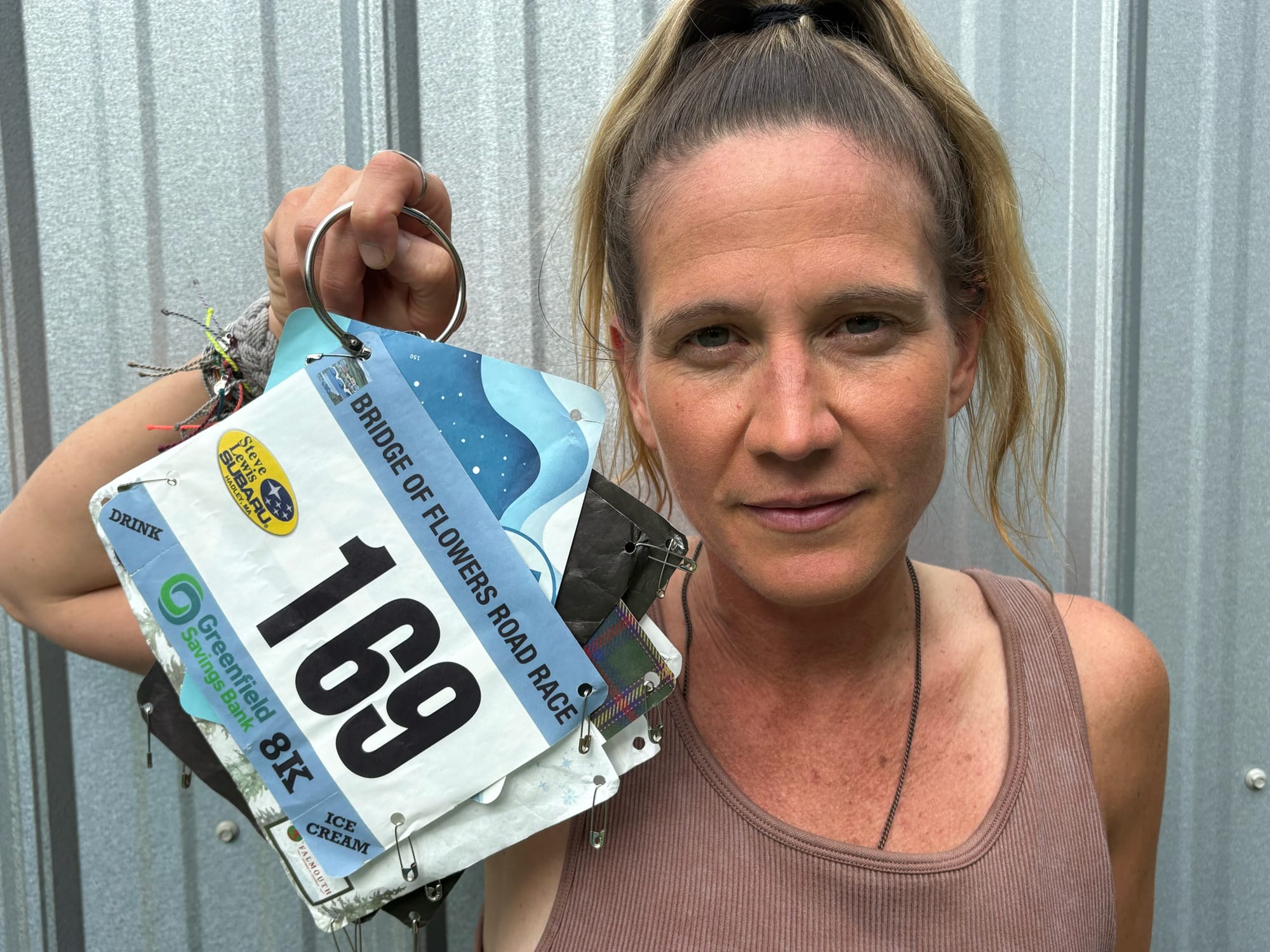
“I was able to move my feet at that time, but then all of a sudden the sensation started to travel up both legs bilaterally. So then it would go from my feet all the way up to my knees. I could still walk, but I just had really weird sensation in my legs.”
It was now January 2023.
“It started to become really bad. So then it went over my knees and started to come up to almost my hip level where I had very little sensation in my legs.”
Doctors were stumped. Was it her running shoes? A podiatrist said no. Was it her nerve endings? Tests ruled that out as well. They kept encouraging physical therapy while Vicki and Steven were begging for an MRI, which their insurance company repeatedly denied.
A rapid decline in her legs soon followed. She entered the Seven Sisters race — an event she had done seven consecutive years — and withdrew halfway into the competition because she couldn’t lift her legs.
At home, she had trouble walking her dogs. Using the stairs became problematic. She and Steven went to a concert where they had to stand for a while and “toward the end my legs gave out. I would just fall forward. It was scary. I had no balance.”
While doctors kept pushing her toward physical therapy, and insurance still refused to pay for an MRI, Vicki and Steven decided to pay for the imaging out of pocket. They did so, shelling out $750 before the neurosurgeon sent them back for that second MRI — another $750.
And that’s what led to the phone call the morning of July 23. A call that literally altered the course of her personal history. And, eventually, allowed her to fully return to the life she cherishes.
Prior to undergoing surgery, Steven looked the surgeon in the eyes and asked a very pointed question.
“Are you the man for this job? Are you? Do you feel like you can do this?”
Which, in manspeak, roughly translates to, “Are you sure you’re not going to eff this up?” Understandably, of course. His wife’s quality of life was hanging in the balance.
The doctor calmly stated he was very confident.
“He said there's a 10% chance I may never walk again, which isn't like a 90% chance, but still scary when you're going into surgery thinking that there's a 10% chance you may never walk again,” Vicki says. “But I just remember being really happy that they figured out what was going on. And there was a potential that it could get a lot better.”
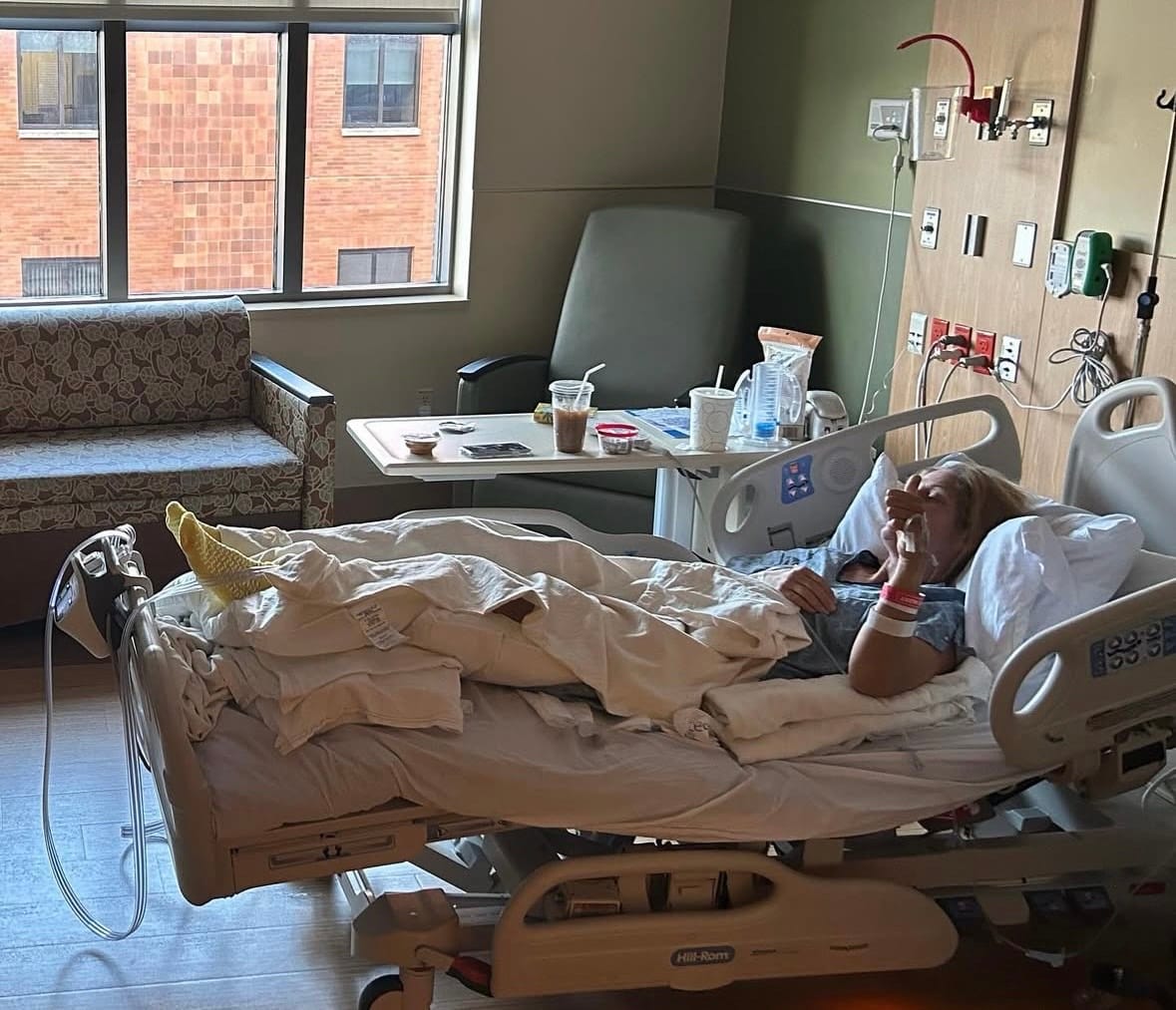
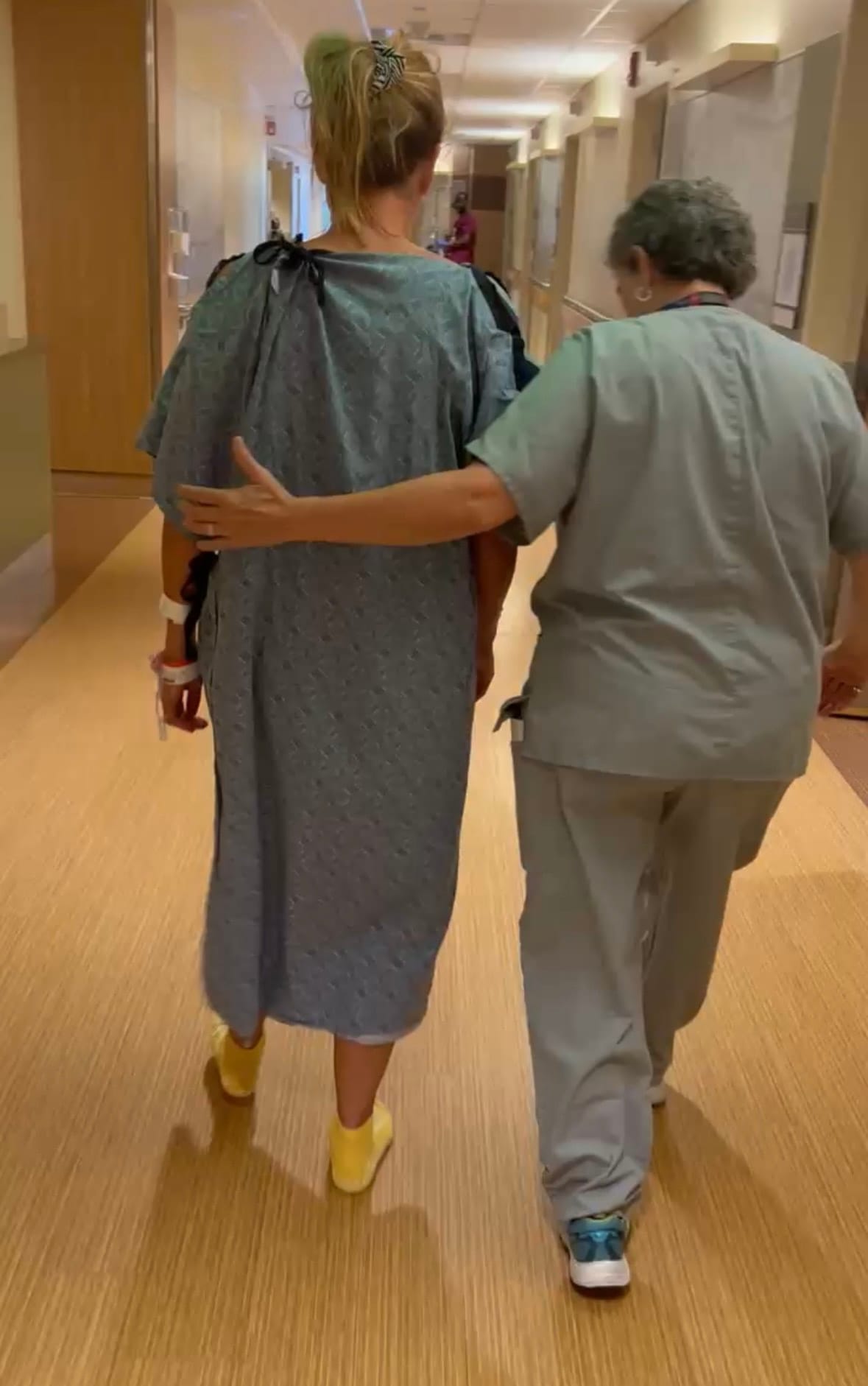
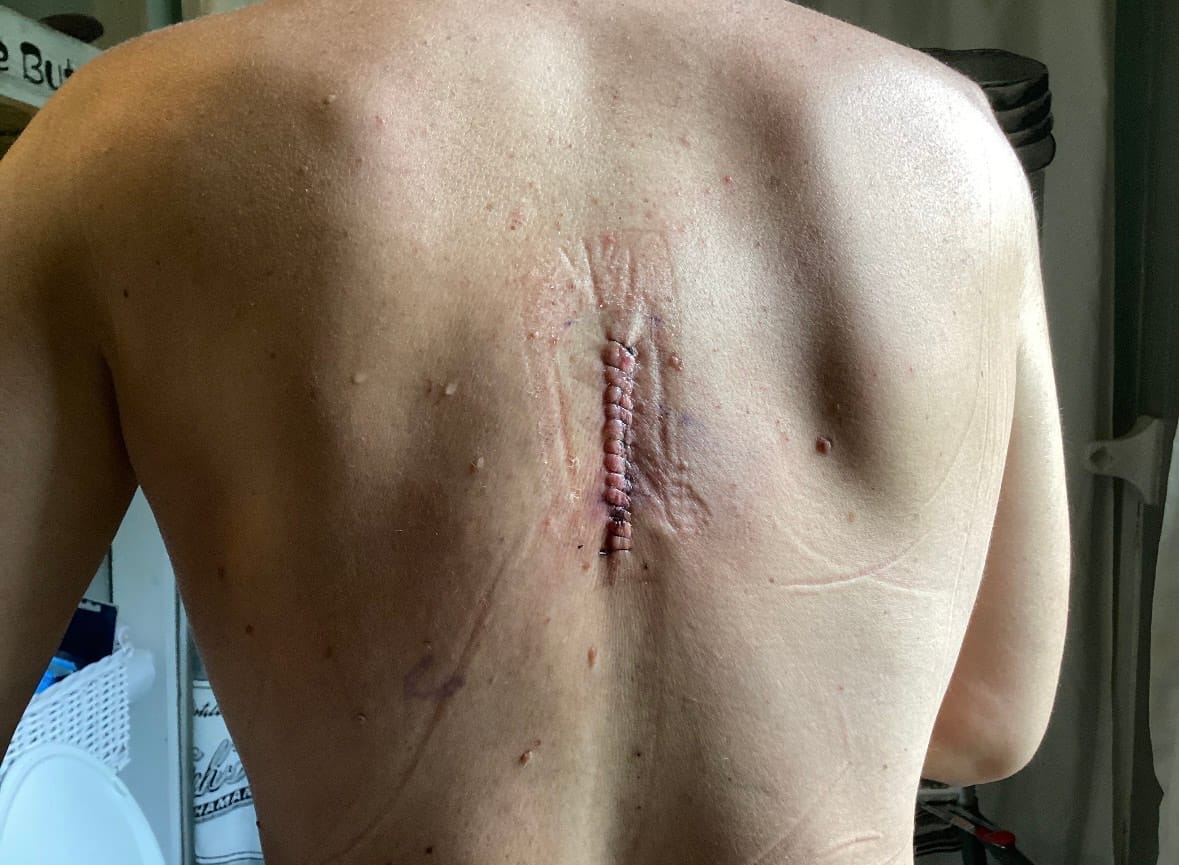
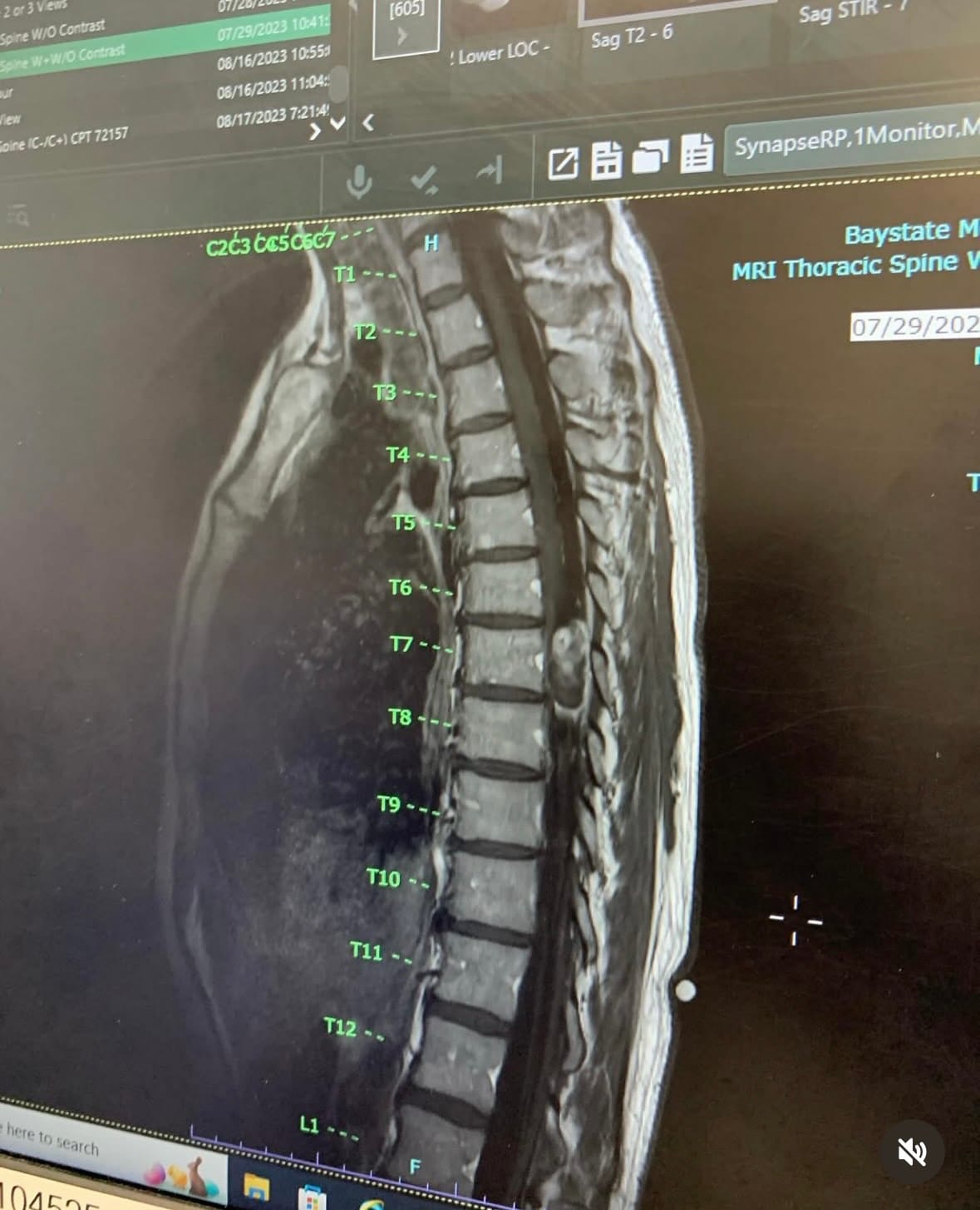
Vicki was able to walk in the hospital the day after surgery to remove a tumor from her spinal cord. [Courtesy photos]
The surgery was scheduled for August 17. According to Vicki, they went in around T-6 and T-7, where they removed the lamina (the bony back of the vertebrae) so they could find enough space to access the tumor and carve it out. While the team at Bay State Hospital in Springfield, Massachusetts did their thing, another neurosurgeon was monitoring the four-hour surgery via video from Houston, Texas, making sure there was no nerve damage as the procedure unfolded.
The following day, August 18, Vicki was up and walking in the hospital. Her body now sports a natural tattoo — a six-inch scar down her mid-back. Two months later, she went for her first run post-surgery.
With feeling restored in her legs and mentally brimming with optimism, Vicki set out under an October sky and took to the neighborhood street like she never left.
“We live in the country. So I go on a lot of runs where I leave the house and my husband will be in the living room, and he sees me run by. So I remember just through my whole recovery process being like, ‘I cannot wait to run by and to wave to him in the living room when I run by.’
“It was the best feeling in the entire world. This might sound corny, but like that song Unstoppable. I remember I had my earbuds in and I just felt like a million dollars running. And I gave him the biggest wave. And my son, he likes to run with me but he kind of followed me on the grass.

“As I ran down the road, I was in tears. It was just so awesome.”
As she rebuilt her stamina, her body earned her mind’s trust once more. She began competing in races again. In May 2024, she returned to the Seven Sisters Trail Race. The same one she couldn’t finish prior to surgery. She was determined to conquer the 12-mile, multi-peak climb-and-descent over rocky terrain.
“I was just so determined to. I didn't want to end up not being able to finish it.”
This time, she finished the race. Just like the first seven times.
“Finishing it that last time, it just felt amazing.”
Her immediate future is filled with races around New England. Life has returned to normal for the woman who traded nursing for a new job — preschool teacher. She has a strong message about advocating for yourself when it comes to healthcare, no matter the odds or resistance from a system designed to deter you.
“I knew I wanted to get better. I wanted to run. I wanted to be able to play with my son. I wanted to be able to hike and go to the beach and swim in the ocean. So I think just all that stuff, knowing that there was a potential light at the end of the tunnel.
“I'm not an Olympian. I don't run 2.5 hour marathons or whatever. I’m just out there. I'm getting it done. And I think there's so much more of a story after what I've gone through … I’m just gonna keep on going.”
Matthew Fults is author of the award-winning novel, The Scotland Project, and its critically acclaimed sequel, Messenger for the Dead. Both are available from your favorite bookseller.